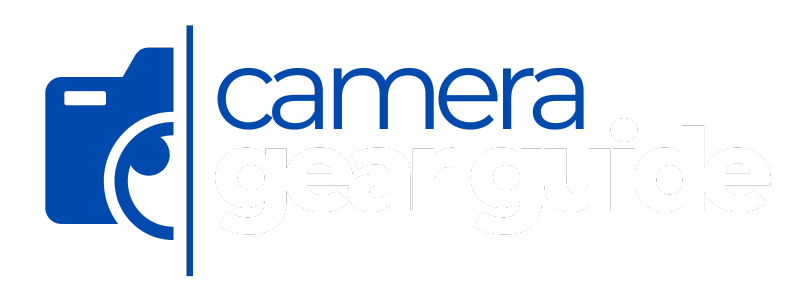Complete Beginner's Guide to Choosing Your First Camera (2025)
A comprehensive guide to help beginners choose their first camera in 2025, covering both photography and videography needs.

Starting your journey into photography or videography can feel overwhelming with countless options available. This comprehensive guide will help you navigate the world of cameras and find the perfect starter equipment for your creative pursuits, whether you're interested in photography, videography, or both.
Understanding Your Needs: Photography vs. Videography
Before diving into specific camera recommendations, it's essential to determine your primary focus. While many modern cameras excel at both photography and video, some models are better optimized for specific uses.
### For Photography Enthusiasts
Photography beginners should prioritize features like:
### For Aspiring Videographers
Video-focused creators should look for:
Best Entry-Level Cameras for Different Needs
### Best Overall Starter Camera for Photography
The Canon EOS R10 offers an excellent balance of features, image quality, and ease of use. Its intuitive interface makes it perfect for beginners, while its advanced capabilities provide room for growth.
### Best Budget-Friendly Option
The Nikon Z50 delivers outstanding value with its compact size and excellent image quality. It's particularly well-suited for outdoor photography beginners due to its weather-sealed construction.
### Best Entry-Level Video Camera
The Sony ZV-E10 stands out for aspiring content creators and videographers. Its flip-out screen, excellent autofocus, and specialized video features make it ideal for those focusing on video content.
Essential Features for Beginners
When choosing your first camera, consider these crucial features:
### User-Friendly Interface
Look for cameras with:
### Growth Potential
Consider:
### Portability and Durability
Think about:
Getting Started with Your Camera
### Essential Accessories for Beginners
A complete beginner kit should include:
### Learning Resources
Take advantage of:
Specialized Photography Needs
### Portrait Photography
For portrait photography beginners, consider cameras with:
### Outdoor Photography
Outdoor photographers should prioritize:
### Professional Aspirations
If you're planning to transition to professional photography:
Making Your Decision
When making your final choice:
Conclusion
The best camera for beginners depends largely on individual needs and goals. Focus on finding a balance between current capabilities and room for growth. Remember that any modern entry-level camera can produce excellent results when paired with proper technique and practice.
Whether you choose a simple point-and-shoot or a more advanced mirrorless camera, the key to success lies in learning your equipment thoroughly and practicing regularly. Start with the basics, and upgrade only when your skills and needs outgrow your current equipment.
### Additional Resources
Remember, the best camera is the one that you'll actually use and learn with. Don't get too caught up in specifications – focus instead on finding a camera that feels comfortable and inspiring to use.
